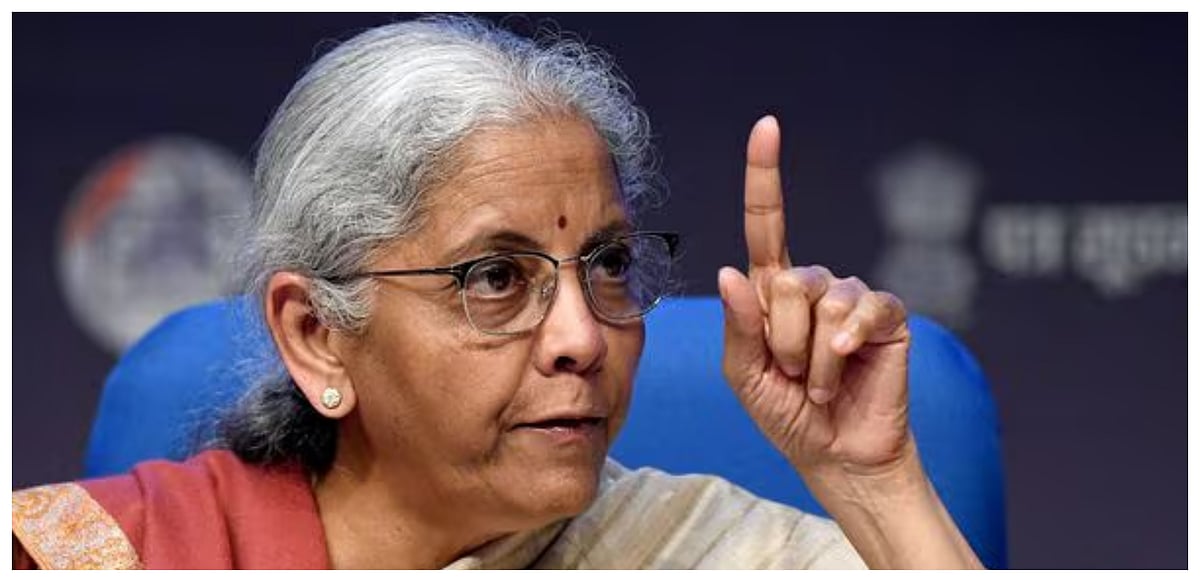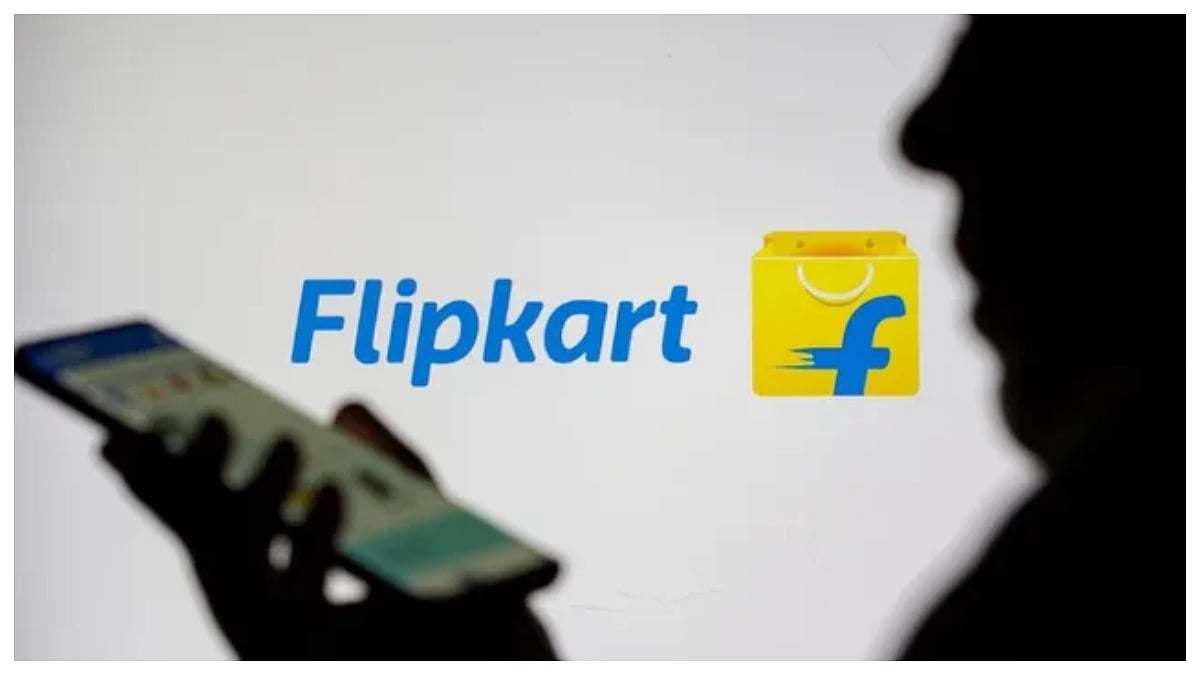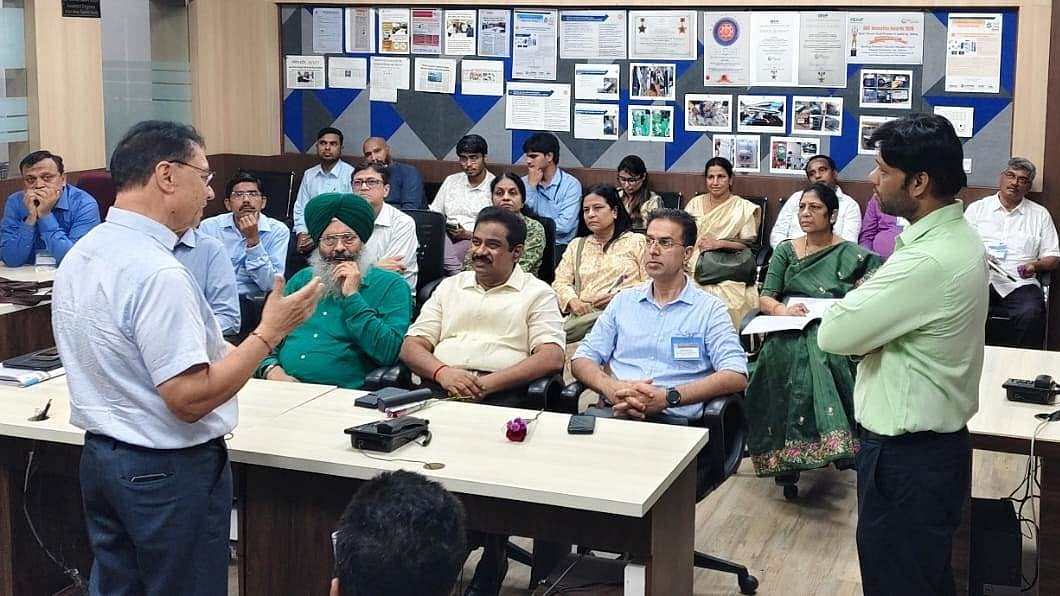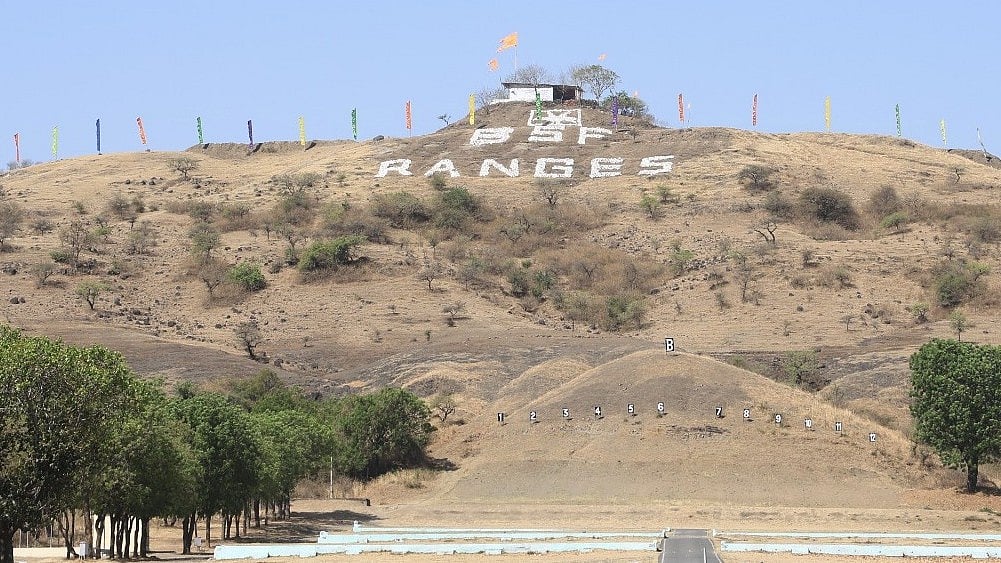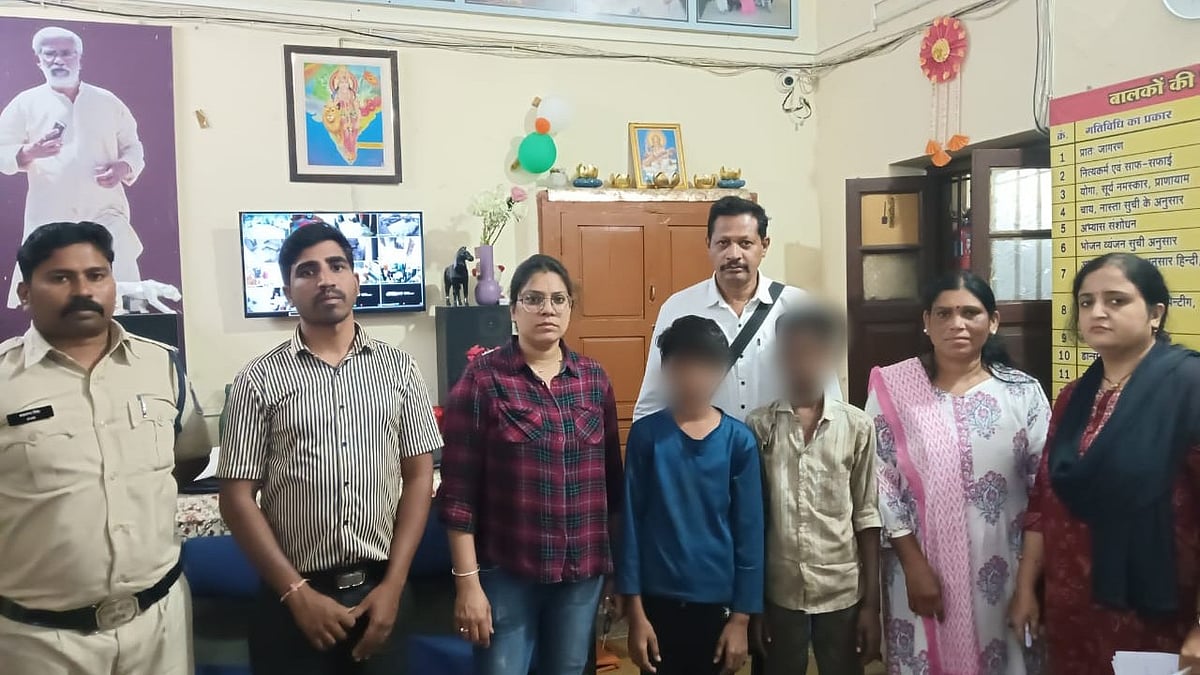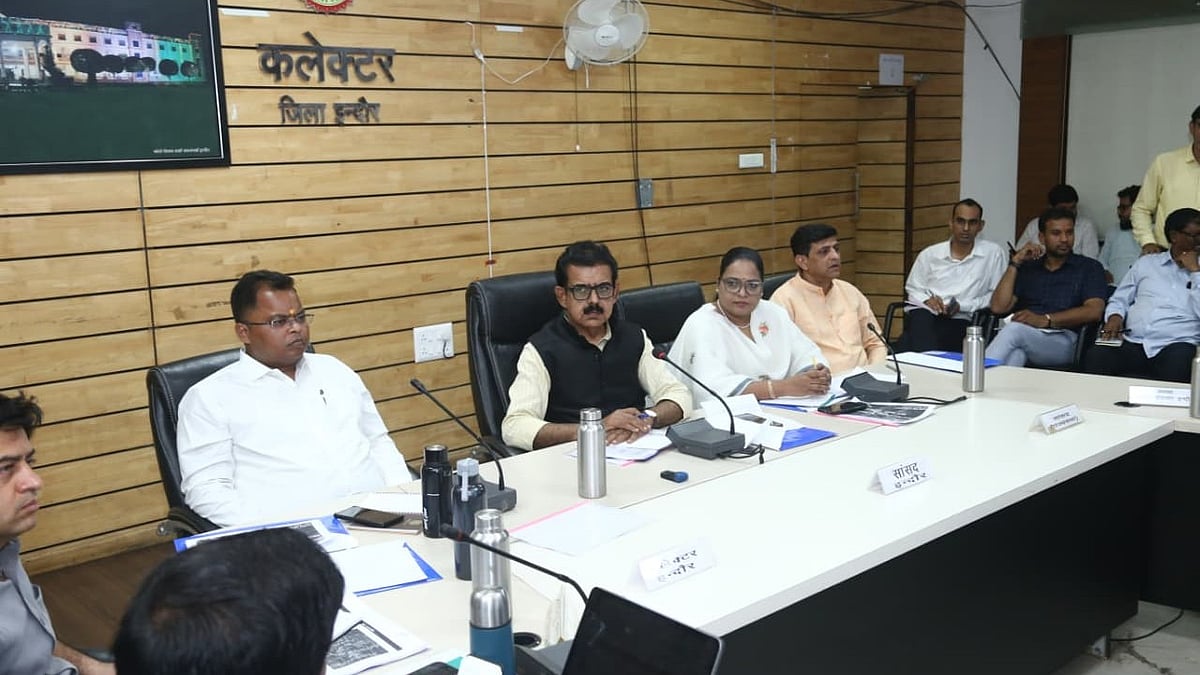Indore (Madhya Pradesh): Centralised government control over online content regulation can actually increase political hate speech, rather than reduce it, according to a study by Indian Institute of Management Indore.
Instead of curbing harmful content, such control can suppress dissent and deepen political divisions highlighting the need for independent regulation and balanced digital governance that protects free speech while addressing harmful content fairly.
The study led by Prof Prakriti Soral of IIM Indore challenges conventional thinking about online content regulation and investigates the unintended consequences of centralised online regulation using Calhoun’s public choice theory.
Drawing on data from 179 countries and employing a mixed-method approach, the research presents a compelling case: when governments tighten their grip on digital content, it often leads to a rise in political disinformation, surveillance and the silencing of dissent.
“Our findings challenge the widely held belief that more regulation leads to safer online spaces,” said Soral. “Instead, excessive control may enable the spread of propaganda and deepen political divides.”
Key Findings
The study outlines three critical mechanisms through which centralised regulation fuels political hate speech:
Enhanced Surveillance: Governments with high control can track political discussions more aggressively, often leading to the suppression of opposition voices.
Disinformation Campaigns: Authoritarian-leaning regimes exploit controlled platforms to spread false narratives, further polarising public opinion.
Manipulation of Public Opinion: By dominating online discourse, governments and allied groups promote their agendas while marginalising dissent.
Implications for policymakers, tech firms & civil society
For Policymakers: Establishing autonomous regulatory bodies to avoid misuse of digital control mechanisms.
For Tech Companies: Ensuring transparency in moderation algorithms and resisting undue political influence.
For Civil Society: Promoting digital literacy and countering disinformation through advocacy and education.
Businesses operating online are also advised to maintain ethical standards, collaborate with fact-checkers, and deploy advanced AI tools for fair and transparent content moderation.
Call for Balanced Regulation
As governments worldwide grapple with online hate speech, this study serves as a timely reminder that free speech and content regulation must be carefully balanced. Rather than blanket censorship, a nuanced, multi-stakeholder approach is essential to ensure democratic values aren't undermined in the digital age.

